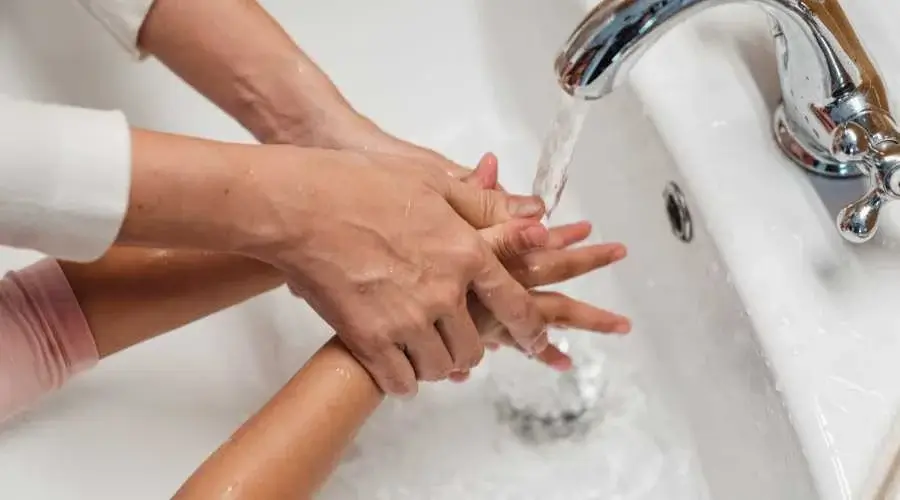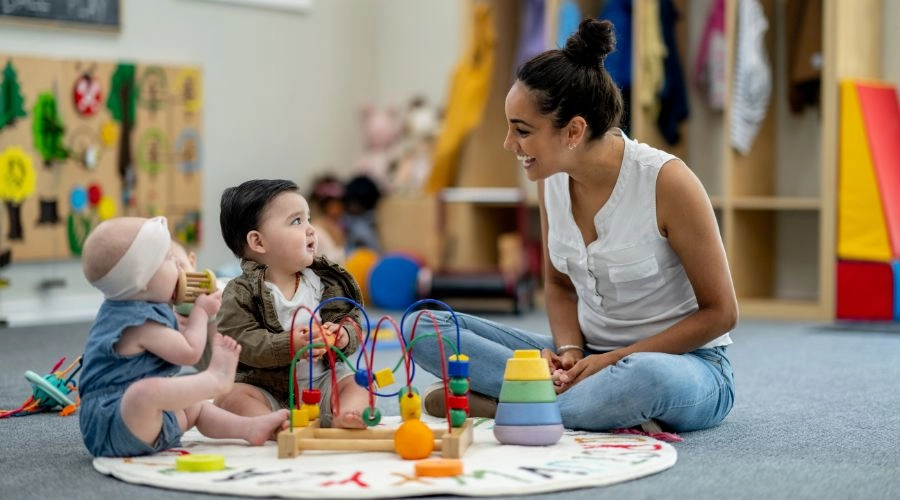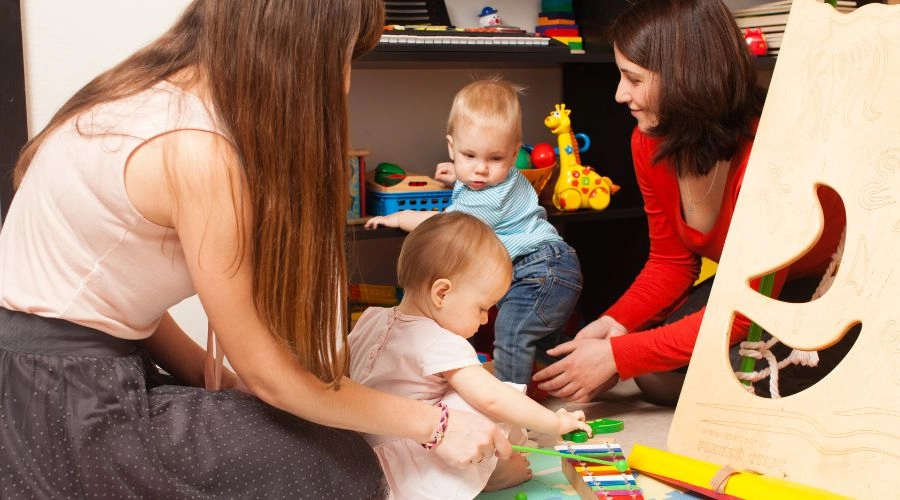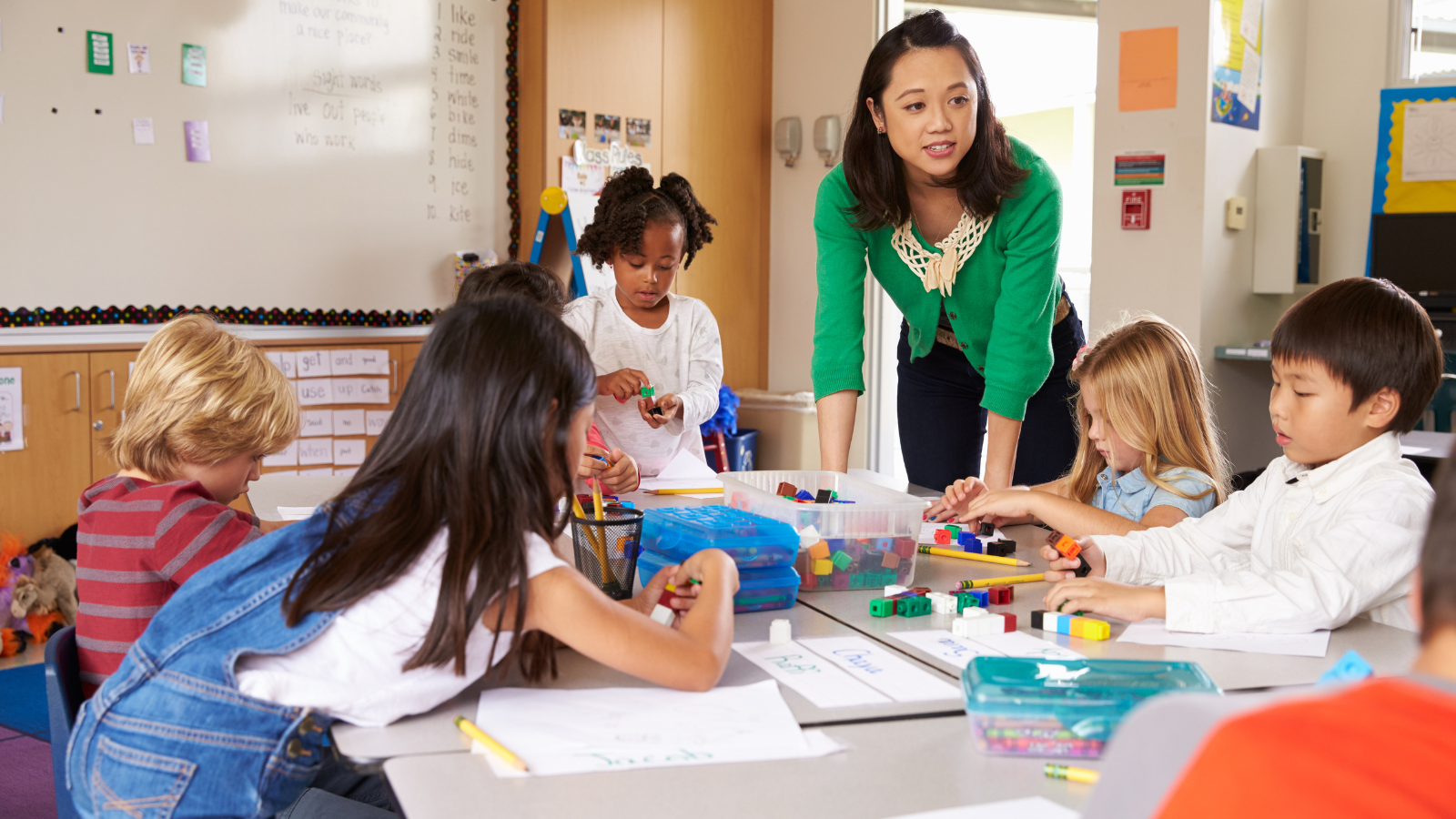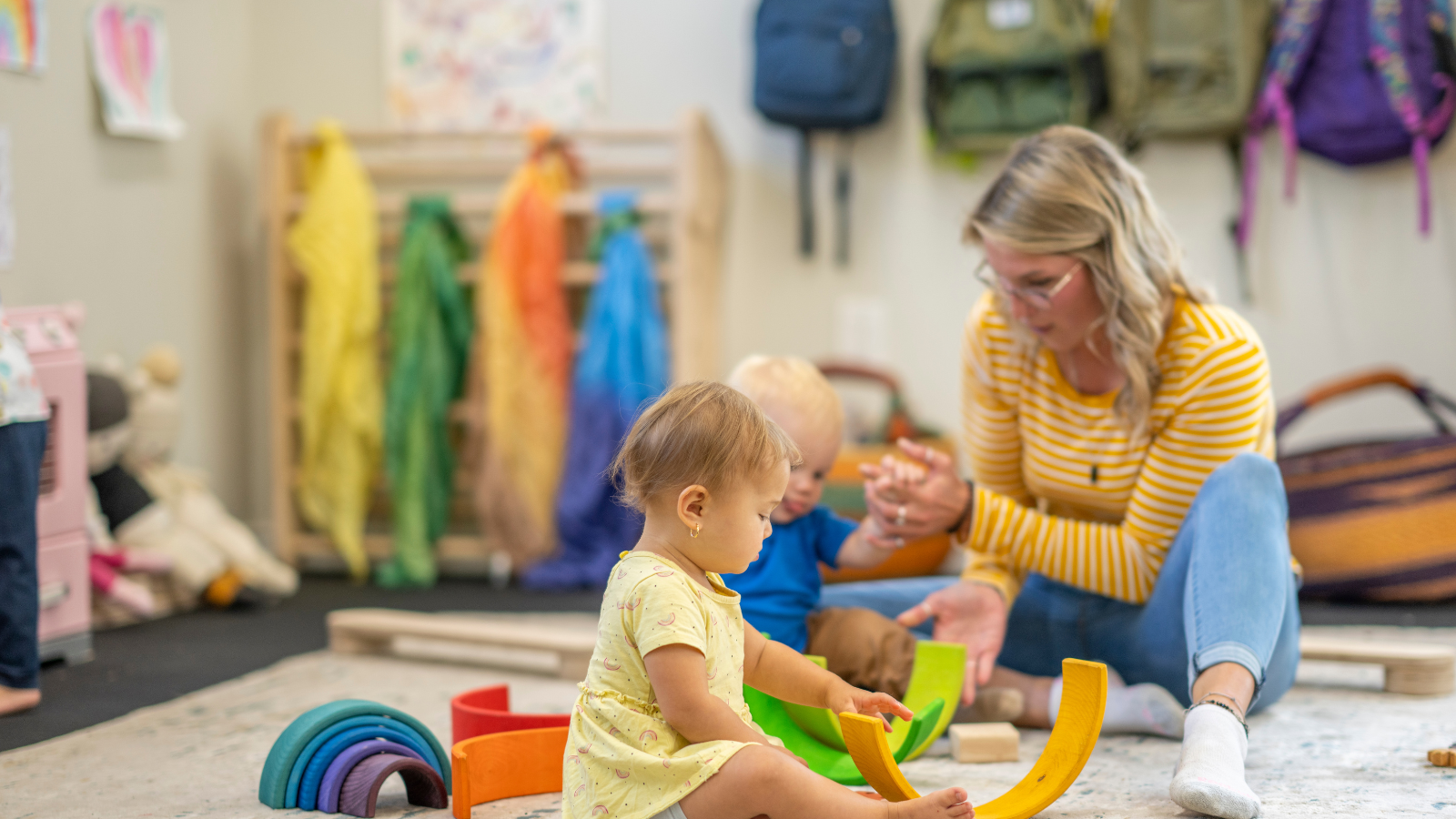It’s that time of year again, when sleigh rides and holiday carols are interspersed with coughs and sniffles. We all look forward to the holidays since it will be a time to visit with friends and family, but we don’t want any germs to come along for the trip! How may the transmission of disease be slowed down in our homes and classrooms?
Why Do We Wash Our Hands?
Clean hands are one of the most crucial ways to prevent getting sick, according to the CDC, especially because they stop the spread of germs. Microscopic bugs, for instance, might linger on hands after using the restroom, touching items that another person has contaminated, or even after handling raw meat. Everyone can get sick because germs are easily spread from person to person. Consider how frequently you inadvertently touch your lips, eyes, and nose during the day, silently allowing germs to enter your body.
Preschoolers are especially vulnerable to pathogens since their immune systems are still developing during this time, especially in public areas. Unwashed hands can spread viruses to anything they touch, including toys, handrails, doorknobs, and school supplies! Fortunately, the CDC notes that washing your hands offers a number of advantages, including:
- A 23–40% decrease in the number of patients who acquire a diarrheal sickness
- A 16–21% decrease in respiratory infections such the common cold
- A 29–57% decrease in school absences from gastrointestinal illnesses in kids
One CDC study discovered a connection between good hand hygiene and infant development. In the first two and a half years of life, children whose families received soap to set up proper hand washing stations at home had nearly half as much diarrhea as children in the control group, who did not have access to soap and water for hand washing.
The youngsters in the hand washing group performed better on developmental testing when they were between the ages of 5-7, according to research that followed these kids over the following few years. The number of days you missed in school adds up quickly!
Correct Handwashing
Teaching future generations about good hand hygiene is a shared responsibility of adult caregivers. Starting with you, have clean hands! Another study discovered that one of the obstacles to good hand washing was students’ ignorance of the how, when, and reasons for doing so. The study also identified poor adult role modeling of routine hand washing as a significant obstacle to youngsters practicing proper hand cleaning.
At Jumpin’ Jax, we develop real-world lessons about good hand washing using the Jumpin’ Jax curriculum. By practicing these lessons at home and including hand washing in your regular routine, you can reinforce them. Keep in mind that the only way to prevent the spread of viral diseases is by washing your hands with soap and warm water. The greatest classes include the following crucial procedures:
- Wet the kid’s hands.
- Put some soap on your hands.
- Scrub every surface thoroughly by vigorously rubbing your hands together.
- For 10 to 15 seconds, scrape and rub.
- Rinse well.
- Dry hands.
When Should They Wash Their Hands?
The following are some of the ideal times to wash your hands:
- When entering the classroom.
- Before and after handling and consuming food.
- After changing a diaper, using the restroom, or assisting a youngster to do so.
- After assisting a youngster to clean his mouth or nose.
- Having treated a cut or sore.
- After outdoor play.
- After the administration of medication to a child or yourself.
- After the touching trash cans or rubbish.
- After handling an animal or pet.
- After touching lips with fingers, rubbing eyes, nose, or sneezing.
Respiratory Hygiene
It’s crucial to avoid spreading diseases through respiratory droplets whenever feasible because many disorders can do so. However, if we can also reduce the secretions in the air, then particles producing disease are less likely to land on things that act as a conduit to transfer disease. Hand cleaning is a key role in reducing the spread of disease. Among the techniques for reducing respiratory droplets in the air are:
- Tell the child to sneeze or cough into a tissue or the crease of his or her elbow.
- Encourage the child to avoid covering their mouths with their hands, since this can cause them to touch other persons or objects and potentially transfer an infection.
- Teach the youngster to dispose of tissues in the appropriate waste receptacle as soon as they are through using them.
- At Jumpin’ Jax, we include concepts into our practical life curriculum to instruct students on how to properly blow their noses. For optimum results, keep doing this at home and make it a habit!
- Never let kids share cups, towels, or dining utensils.
Other Notable Tips
The ideal anti-germ strategy for a school centers on two ideas: hand washing and exclusion. Parents can contribute by maintaining excellent hand washing practices at home, but keeping ill children at home is even more crucial.
If your child has any of the following, they should stay at home:
- Fever (101 degrees or higher; the most accurate thermometers are oral and rectal). In order to determine whether your temperature is persistently raised, remove any extra clothing or blankets and retake it in 30 minutes.
- Irritable or not acting like themselves normally around parents, teachers, and other kids.
- Tired looking appearance.
- Persistent cough and runny nose without allergies.
- Eye, ear, and nose discharge, especially if it is yellow or green in hue.
- Eyes that are red and/or swollen and have discharge.
- Persistent vomiting and diarrhea.
- Skin irritations and rashes, particularly those that are seeping, blistering, or open.
Final Thoughts
We can all cooperate to stop the spread of illness in our neighborhood! It is best to wash your hands properly before doing this. Let’s keep washing our hands so that your holidays are full of happiness and excitement rather than coughs and colds!

